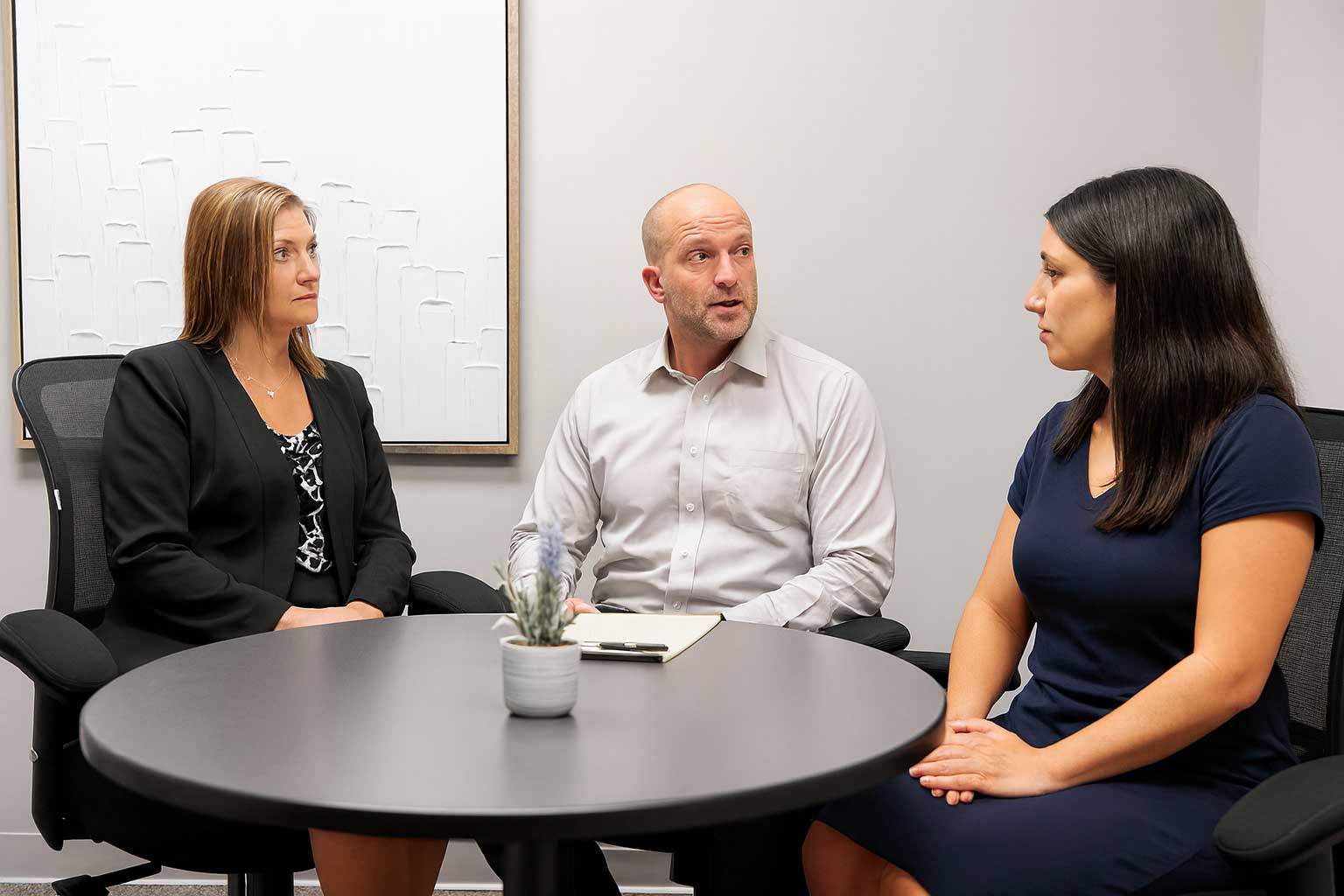Navigating Probate in Indiana After a Loved One Passes

When a loved one passes away, families are often faced with more than just grief. Legal responsibilities quickly follow, and many are left asking the same question: what happens now? That is where a trusted probate attorney in Indiana can make all the difference. At Webster & Garino, we provide thoughtful, clear legal guidance to help families navigate Indiana’s probate process with confidence and care.
Whether you are trying to manage a loved one’s estate or want to make sure your own affairs are in order, understanding how probate works is the first step. Let’s explore what probate involves, when it applies, and how thoughtful planning can help you and your loved ones avoid unnecessary complications.
Contact Webster & Garino LLC to prepare for a smooth probate process, or get knowledgeable advice on how to limit your or your loved one’s involvement in probate court with our Estate Planning Services.
The Probate Process in Indiana: Step-by-Step
Indiana’s probate process includes several key steps that must be handled in a precise and timely manner. These include:
- Filing the will with the probate court
- Appointing a personal representative (also known as an executor)
- Creating an inventory of the estate’s assets
- Paying off debts and taxes
- Distributing the remaining assets to beneficiaries
- Submitting a final accounting to the court
This process often requires working with attorneys, appraisers, and accountants. If any disputes arise between heirs, or if someone challenges the validity of the will, the process can become even more complex.
For a full breakdown of each stage, visit our detailed step-by-step probate process guide.
WHAT OUR CLIENTS HAVE TO SAY…
FAQs About Probate in Indiana
It is best to contact a probate attorney as soon as a loved one passes away. Early legal guidance can prevent costly delays and misunderstandings.
A will goes through probate and becomes public record. A trust avoids probate and allows for private, controlled distribution. Visit our wills and trusts page to compare both.
Yes, if you fail to properly manage the estate or distribute assets incorrectly, you could face legal consequences. This is why many executors seek legal help.
Costs include court filing fees, publication costs, legal fees, and sometimes accountant services. The size and complexity of the estate affect the final cost.
If there is no will, Indiana’s intestacy laws determine who receives the estate. This can result in outcomes that do not reflect the deceased person’s wishes.
While not legally required, probate cases often involve court procedures, asset valuations, and legal filings. Having an attorney ensures everything is handled properly.
In Indiana, if an estate’s value is under $100,000, heirs may be able to use a simplified process to claim property. See our small estate probate page for eligibility rules.
The process can take a few months for small estates or more than a year for large, contested ones. Court schedules and the complexity of the estate play a role.
Yes. Tools like revocable living trusts, payable-on-death accounts, and beneficiary designations can help avoid probate. Visit our avoid probate page to learn how.
Probate is the legal process used to validate a will and distribute assets. It is required when the deceased owns property or financial accounts without designated beneficiaries or a trust.
Reach Out to Webster & Garino and Let Us Help Ease the Burden of Probate.
Complete the form below to connect with a probate attorney who understands what your family is going through and is ready to help.


